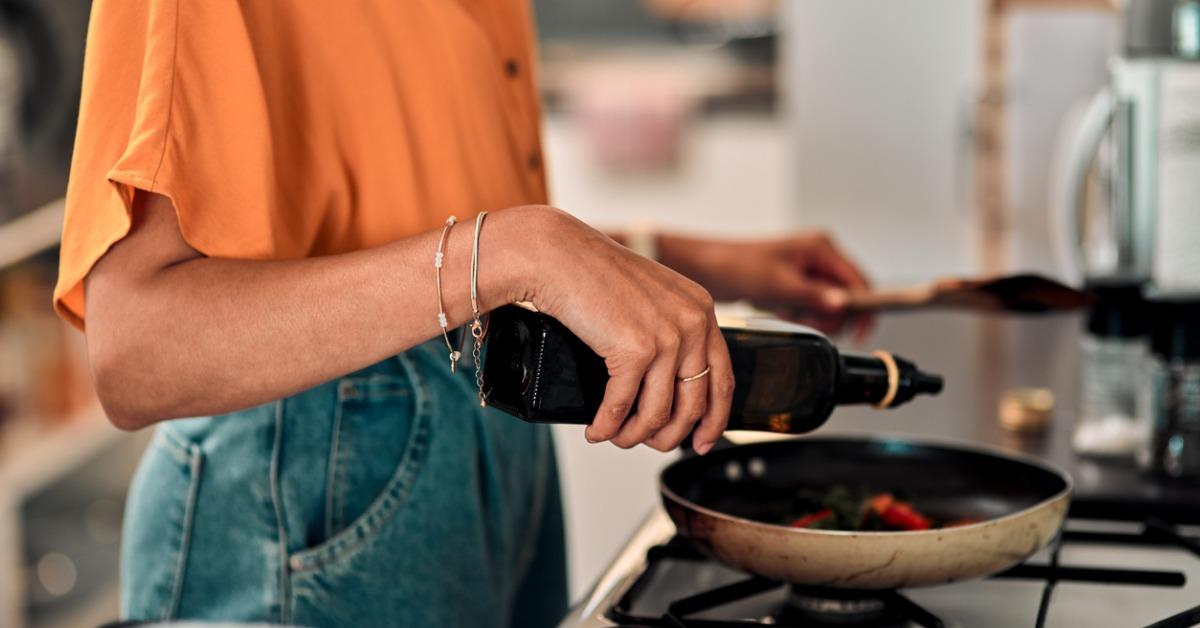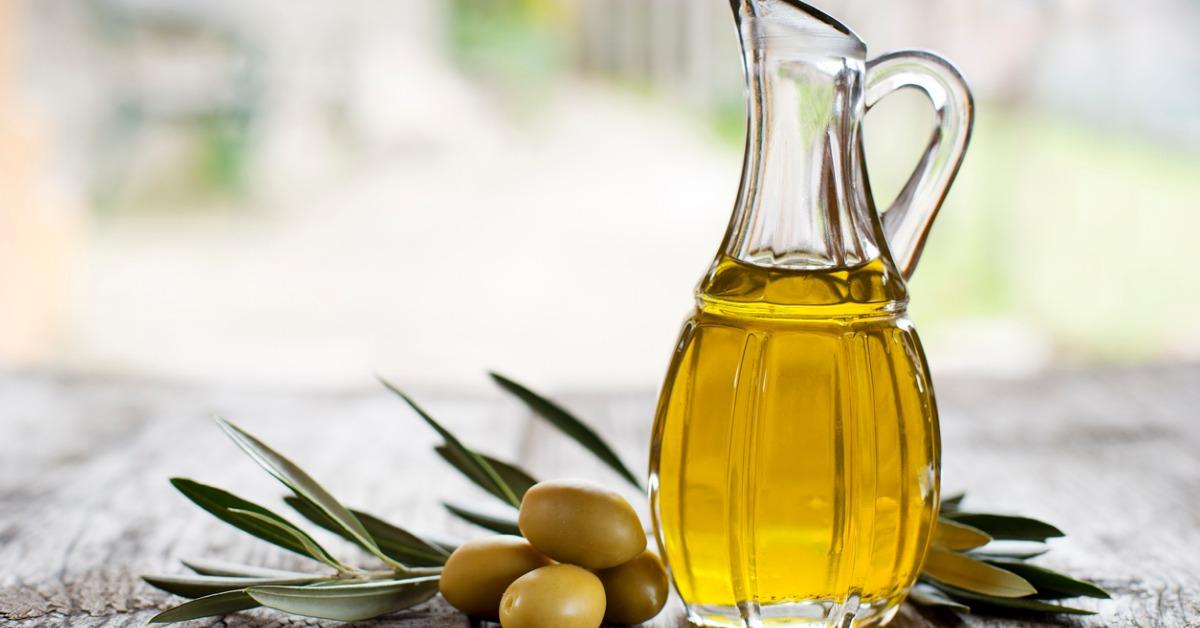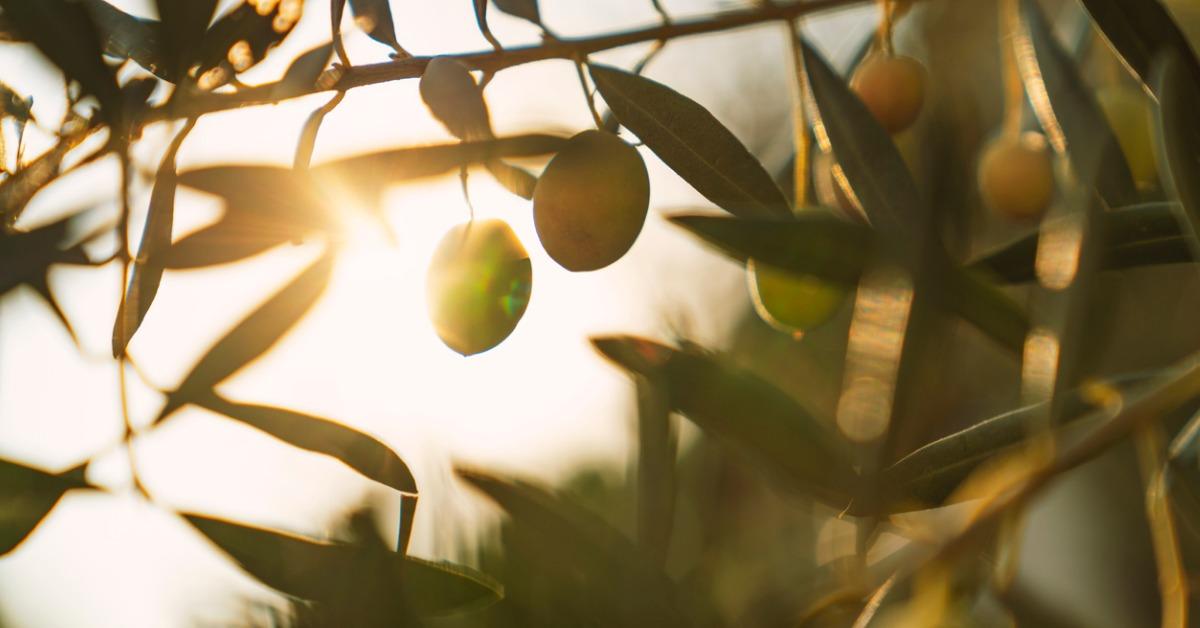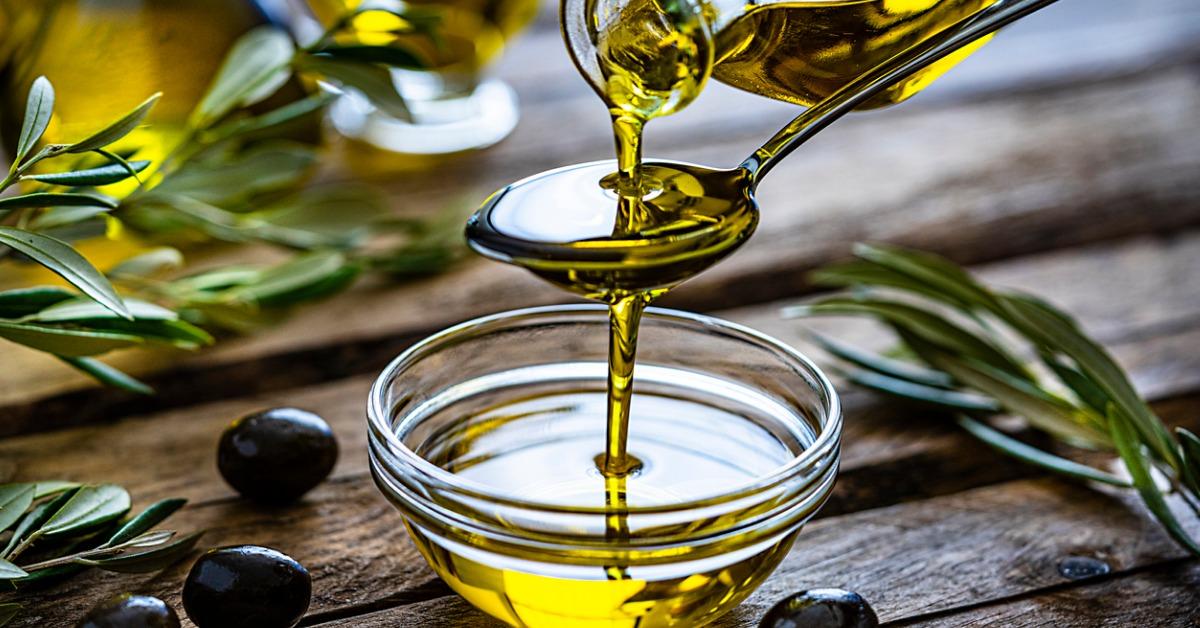How Long Does Olive Oil Last?
Published Nov. 19 2020, 10:50 a.m. ET

If you’re like me, then olive oil isn’t just something you drizzle on salads or dip your Italian bread in now and then — it’s an essential part of your entire repertoire of home-cooked cuisine. Now, I personally have never had olive oil expire in my home; it’s just not something that happens when you run out of it every few weeks. Nevertheless, I have often found myself wondering, how long does olive oil last, anyway, and does it ever expire?

What is olive oil?
By the base definition of the term, olive oil is an oil rendered from the fruit of the olive tree. Despite what you may think, olives are indeed fruits. Their scientific name is Olea europaea and like every other fruit on Earth, olives do have a shelf life, and so, consequently, does olive oil.
That said, quite a lot of the olives you see available in your local supermarket or Uncle Guisseppe's are usually preserved in some kind of juice, brine, or oil. As a result, brined or canned olives and olive oils can last a very long time before they eventually expire.
Does olive oil expire?
Olive oil will absolutely expire once enough time has passed. Once that time is up, those olive oils will go rancid, just like any other oil, and the taste might become bitter, acrid, or sour, which is not something you’ll enjoy tasting. An odor of crayons or putty might develop as well. This is especially noticeable in the case of extra virgin olive oil, which is generally possessed of a more subtle, delicate taste.

How long does olive oil last?
Based on information found on Olive Oil Times, the most heavily-processed olive oils will last about 18 to 24 months before they go bad. Extra virgin olive oil tends to last only around 12 to 18 months because it undergoes far less processing. If you’ve lost track of how long your olive oil has been in your pantry, there are a number of ways to tell its age.
Look on the bottles of olive oil for the bottling, best-by, or sell-by date. If those are not there, it might be prudent to tag your bottles with a label stating when you first brought them home, just to be sure. Though honestly, if your olive oil has sat in your pantry for more than a year, you’re doing yourself a disservice, culinarily and nutritionally speaking.

Why is olive oil good for cooking?
According to Nutritional Data, olive oil possesses quite a few health benefits. Only about 14 percent of olive oil is saturated fat, and 11 percent is made up of omega-6 and omega-3 fatty acids. The other 73 percent is a monounsaturated fat called oleic acid, which studies have shown reduces inflammation, can help with heart disease and stroke, and may even have beneficial effects on genes linked to cancer. Olive oil also contains modest amounts of vitamins E and K and is loaded up with antioxidants.
Will rancid olive oil make me sick?
Rancid olive oil will smell bad, taste bad, and probably ruin any meal you’re trying to use it in, but apart from being gross, it probably won’t make you horrendously sick, at least according to the Journal of Food and Nutrition Sciences. It could result in some digestive distress, however, especially if you have a particularly sensitive stomach.

How should I store my olive oil?
Epicurious recommends storing your olive in a cool, dark place to keep it fresh for longer. Cabinets or pantries are a good bet, but the refrigerator works too. Note that olive oil kept in the fridge will become a bit cloudy, as that is how it reacts to cooler temperatures.
Another good way to keep your olive oil from going bad is to purchase smaller bottles. If you’re not a fan of the stuff or you just don’t cook all that often, you won’t have it go bad on you. Note that both are absolutely reasonable excuses, despite my established smarm on the matter.